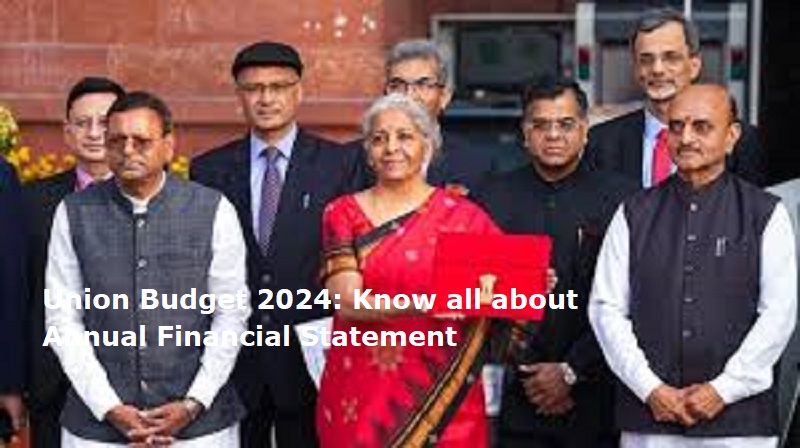
New Delhi: The Union Budget for 2024-2025 will be presented on July 23, 2024, at 11 am in the Parliament. She has earlier on February 1 presented the Interim Budget due to the 2024 Lok Sabha elections . This will be the first Budget by the BJP-led NDA government since it was re-elected last month. President Droupadi Murmu has officially approved the budget session to begin on July 22 and continue until August 12.
This year, Finance Minister Nirmala Sitharaman will become the first finance minister in India’s history to deliver seven consecutive budgets. She will surpass the record previously held by Morarji Desai, who presented six consecutive budgets between 1959 and 1963.
The Union Budget contains 14 budget documents. One of the main Budget document is the Annual Financial Statement (AFS).
Also Read: Commodity Market: Gold prices edge lower for second day in a row
As per Article 112 of the Constitution of India, the Union government must present a statement mentioning the estimated receipts and expenditures of the government for every financial year before the parliament. Annual Financial Statement (AFS) states the estimated receipts and expenditure of the government of India for the current financial year.
The Annual Financial Statement shows the data in three parts – the Consolidated Fund, the Contingency Fund, and the Public Account.
The Consolidated Fund consists of all revenue receipts by the government, loans it raised, and receipts from the recovery of loans. The government uses this fund for all its expenditure and no amount can be withdrawn from it without the approval of the Parliament.
The Contingency Fund is used by the government to meet unforeseen expenses. It is at the disposal of the President of India.
The Public Account has funds that are used to carry out transactions relating to small savings, provident funds, and on specific purposes such as road development and primary education, among others. The parliamentary authorisation is not required for withdrawal from this account. Public Account funds do not belong to the government and should be paid back to the persons and authorities, who deposited them.

Post Your Comments